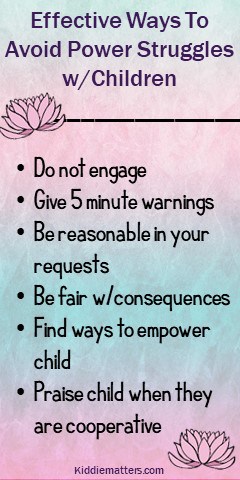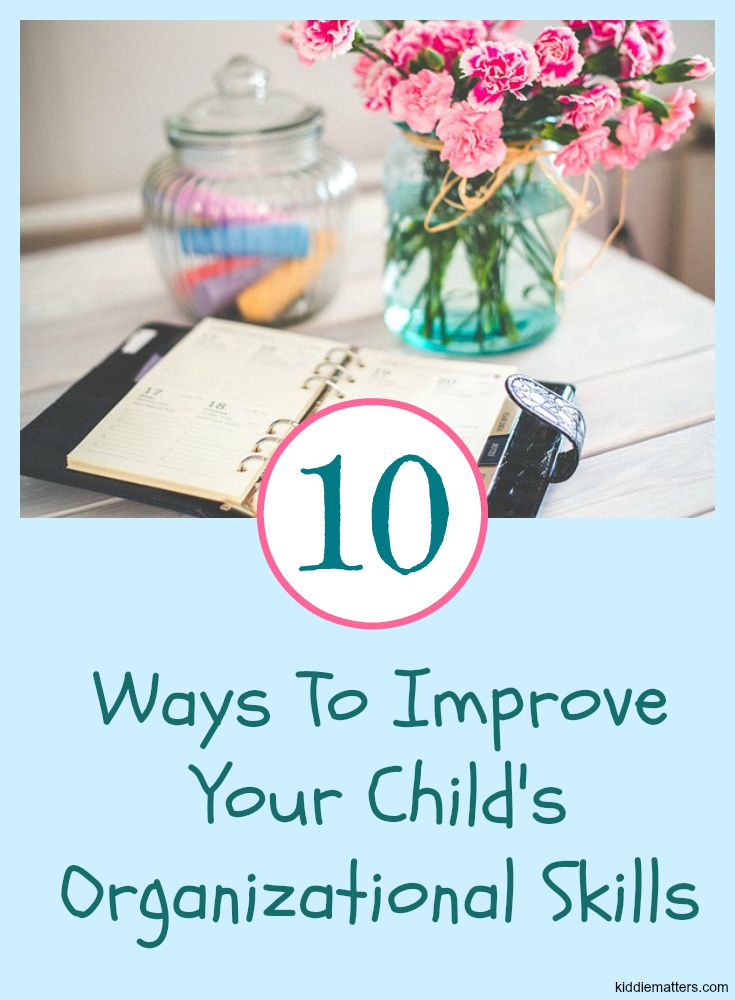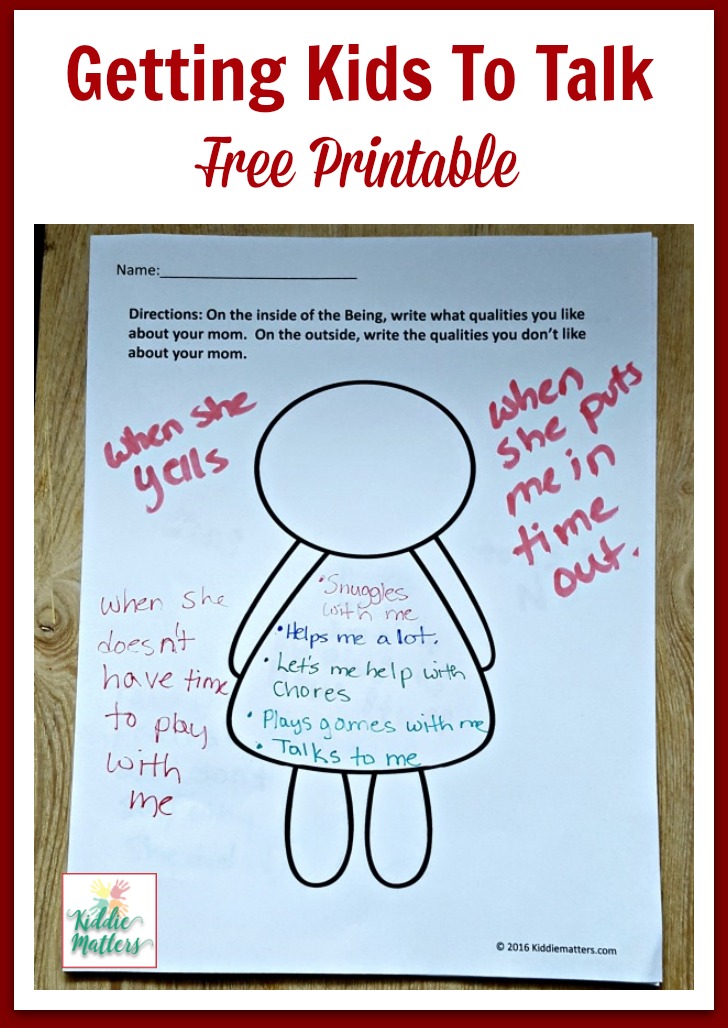6 Ways to Avoid Power Struggles With Children
All three of my children are headstrong and can be extremely stubborn at times. When they refuse to do as told, it can be frustrating and anger provoking. Many times I’ve resorted to yelling and promising all sorts of punishments if they don’t listen. You can imagine how well those strategies usually work for me.
It’s natural for children to want to feel empowered. Unfortunately, they usually seek empowerment by testing limits. We typically hear about limit testing behaviors from the toddler who learns the power of “NO,” the tween who doesn’t want to be treated like a baby, and the teenager who feels old enough to make their own choices. However, limit testing can happen at any time and no family is exempt. At some point, your child will disagree with a limit you impose on them and rebellion in some shape or form will ensue.
So what can we do to avoid this struggle for power? Here are six suggestions I would like to share based on what I’ve learned. As always, every child is different. You know your child best so modify as needed.
1. Do not engage. The minute you enter a power struggle with your child, chances are you will lose. You diminish your role as the parent when you go tit for tat with your child. It is your role to set the example and it is difficult to do so if you get sucked into a power struggle with them. The more you argue, the more empowered your child will feel. It will also reinforce their belief that being defiant is an effective way to problem solve situations where they can’t get their way. Once you set your limit, do not enter a debate with your child. For instance:
Child: Mom can I play video games since I finished my homework?
Mom: It’s a weeknight and you are not allowed to play video games on school nights.
Child: (yelling) But I finished all my work! That’s not fair!
Mom: The rule is no video games on school nights.
The conversation should end there. If your child continues to escalate, do not engage. When they calm down, use the incident as a teachable moment. Let the child know you understand why they are upset and it is OK for them to get upset. However, it is not OK to (insert negative behavior). Ask your child what they can do differently next time. It is then up to you to impose a consequence appropriate to their acting out behavior.
2. Be fair and follow through with consequences. Sometimes in the heat of the moment, we will punish behavior based on how we are feeling instead of basing it on the behavior the child engaged in. For instance, I one worked with a parent who removed her daughter from cheerleading and grounded her for a month because she was angry at her daughter for rolling her eyes when she was talking to her. Remember, we don’t give consequences for the sole purpose of being punitive. We want our children to learn from their mistakes and this is less likely to happen if we are punishing them from a place of hurt and anger.
Additionally, when we are calm and realize that we have been unfair, some parents will not follow through on their consequences because they feel guilty about how they behaved. In order for consequences to be effective, you have to be fair and follow through with whatever you say you will do. If you feel you might have given too harsh a punishment, let your child know, but still follow through with an appropriate consequence.
3. Give five minute warnings. Power struggles often occur when a child has to transition from one thing to the next. However, if you give them warnings, they will have an opportunity to switch gears and prepare themselves to stop doing whatever they are doing.
4. Be reasonable in your requests. Sometimes parents can overload children with tasks. I am notorious for telling my son to do one thing and five minutes later remember something else he needs to do. Clean your room, take out the trash, pick up your clothes, and by the way did you finish your homework? This would frustrate anyone and cause them to rebel! When a child has too much on their plate, it is easy for them to feel overwhelmed. If they do not know how to express what they are feeling, they might resort to acting out to show you how they are feeling. Try to make one request at a time and make sure they are age appropriate.
5. Find ways to empower your child. This can be done by giving them choices. For example, you can either do your homework now or after you have snack. They still have to do what you want them to do, but they get a choice as to when they do it. This creates a win-win for everyone.
6. Praise children when they are cooperative. Praise is a good way to shape desired behavior. When your child follows directions and complies with your requests, let them know that you notice and that you are proud of them. Be specific in your praise. For example, “I appreciate how mature you are behaving. I know you didn’t want to do XYZ, but you did it anyway. Thank you.” If we are going to call them out when they don’t listen, we also need to call them out when they do.
How do you avoid power struggles with your child?
If you liked reading this article, you may also like reading Are We Raising Good Decision Makers?







Yanique,
Thank you so much for these tips. I facilitate a Parenting Support Group along with Children’s Support Groups at a battered women’s shelter and power struggles is a constant conversation. We usually talk about this tips but to have them in a such a clear and concise and dare I say pretty format definitely will help me when I give these out to women after practicing them. Thank you again from one LCSW to another!